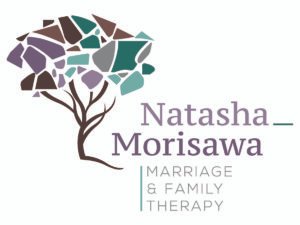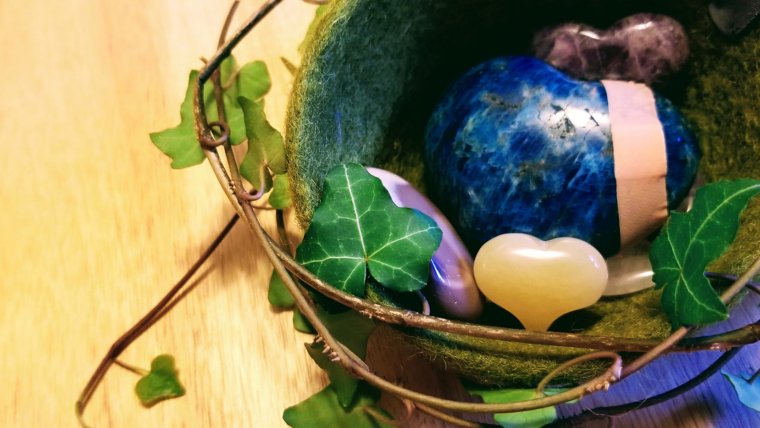With the recent high winds in Pasadena, California and the surrounding region, there was an amazing amount of debris and destruction. The most prolific evidence of the power of these winds can still be seen around town in the piles of leaves, scattered branches and toppled trees that line the streets. It is humbling to see 100 year old oak trees and 4 story pine trees lie prone on streets or leaning up against structures. It has been reported in the news that one of the contributing factors to the falling of these large trees has been the artificial watering of gardens and landscapes. This prevented some trees from deeply rooting themselves into the ground and instead creating shallow root systems. Even though they were healthy and functioning trees during most conditions, when the extreme winds whipped through the area, these trees did not have the resilience to remain erect.
This makes me think of the parallels between humans and their environment. We know that some people are more resilient than others. Most of us function well under typical conditions, but when extremes happen some have the ability to “bounce back” or return to their normalcy more effectively than others. We also know some of the factors that can make us more resilient.
Short List of Resilience Factors (with Implicated Human
Adaptive Systems)
• Positive attachment bonds with caregivers (attachment; family)
• Positive relationships with other nurturing and competent adults
(attachment)
• Intellectual skills (integrated cognitive systems of a human brain
in good working order)
• Self-regulation skills (self-control systems and related
executive functions of the human brain)
• Positive self-perceptions; self-efficacy (mastery motivation system)
• Faith, hope, and a sense of meaning in life (meaning-making
systems of belief)
• Friends or romantic partners who are supportive and prosocial
(attachment)
• Bonds to effective schools and other prosocial organizations
(sociocultural systems)
• Communities with positive services and supports for families and
children (sociocultural)
• Cultures that provide positive standards, rituals, relationships,
and supports (sociocultural)
(Ordinary Magic: Lessons From Research on Resilience in Human Development Ann S. Masten, Education Canada Vol. 49 (3) Canadian Education Association (www.cea-ace.ca) 2010)
The questions that I am left with are:
How deep are my roots in my family?
How deep are my roots in my friendships?
How deep are my roots within myself?
How deep are my roots in my spirituality?
How deep are my roots in my community?


